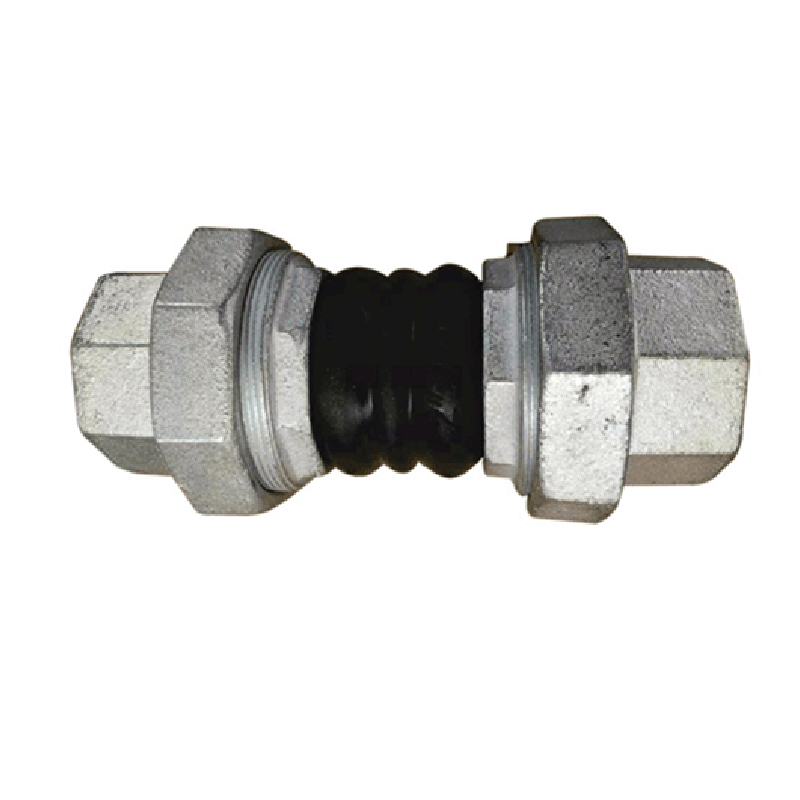Desemba . 07, 2024 04:02 Back to list
ground cable wire
Understanding Ground Cable Wire Importance, Types, and Applications
Ground cable wire is an essential component in electrical wiring systems, providing a critical path for stray electrical currents and enhancing the safety of electrical installations. Grounding is a fundamental practice in electrical engineering designed to protect both equipment and human beings from the dangers of electrical shock and fault conditions. This article aims to delve into the significance of ground cable wire, explore various types, and highlight their practical applications.
The Importance of Ground Cable Wire
Grounding systems are crucial for several reasons. First and foremost, they ensure the safety of electrical systems by providing a reliable route for excess electrical energy to dissipate safely into the ground. This is particularly important in case of faults, short circuits, or lightning strikes, as it prevents dangerous voltage levels from accumulating and potentially harming people or damaging equipment.
Moreover, grounding helps maintain the integrity and reliability of electrical systems. By reducing electrical noise and interference, ground cables improve the performance of sensitive electronic devices and communication systems. Furthermore, grounding systems help in preventing equipment damage caused by power surges, thus enhancing the longevity and reliability of electrical installations.
Types of Ground Cable Wire
Ground cables are typically made from conductive materials, with copper and aluminum being the most common choices. Each material has its advantages and is chosen based on specific applications.
1. Copper Ground Wire Copper has excellent conductivity, making it a preferred choice for many applications. It is durable, resistant to corrosion, and provides a low-resistance path for electrical currents. Copper ground wires are often used in residential and commercial electrical systems.
2. Aluminum Ground Wire Although aluminum has lower conductivity than copper, it is lightweight and usually more cost-effective. It is commonly used for overhead power lines and large-scale industrial applications. When using aluminum wire, it is essential to ensure proper connections since aluminum can oxidize, which might increase resistance at junction points.
3. Bare Ground Wire This type of wire is typically uninsulated and used for grounding purposes. It is often used in residential electrical systems and is usually connected to all grounded components, including pipes and structural elements.
ground cable wire

4. Insulated Ground Wire Insulated ground wires are covered with a protective layer, which provides additional safety against accidental contact with live wires. This type is more common in outdoor applications or where exposed wiring is a concern.
Applications of Ground Cable Wire
Ground cable wires find applications in a wide variety of fields, including
- Residential Electrical Systems In homes, grounding systems protect against electrical shock and help maintain safe operating conditions for appliances and lighting fixtures. Ground wires are connected to outlets, switches, and service panels.
- Industrial Installations Factories and industrial facilities use ground cables to protect heavy machinery and equipment. Grounding is critical in environments where machinery generates electrical noise or operates at high voltages.
- Telecommunication Ground cables are vital in telecommunication networks to protect sensitive equipment from power surges and ensure stable operations. Proper grounding in these systems is crucial for maintaining signal integrity.
- Solar Power Systems In renewable energy systems, such as solar installations, grounding is essential for safety and performance. Ground cable wires protect the system from lightning strikes and potential surges from the grid.
- Transportation Systems Ground cables are used in railway systems and other transportation networks to ensure safety and reliability by providing grounding for electrical systems in trains and stations.
Conclusion
Ground cable wire is a fundamental element of electrical systems, serving to enhance safety, protect equipment, and improve performance across various applications. Whether in residential settings, industrial environments, or technological infrastructures, understanding the types and importance of ground cables is crucial for anyone involved in electrical engineering or safety protocols. As technologies evolve and our reliance on electrical systems grows, the role of grounding will remain ever more significant, highlighting the need for continued education and awareness in grounding practices.
Share